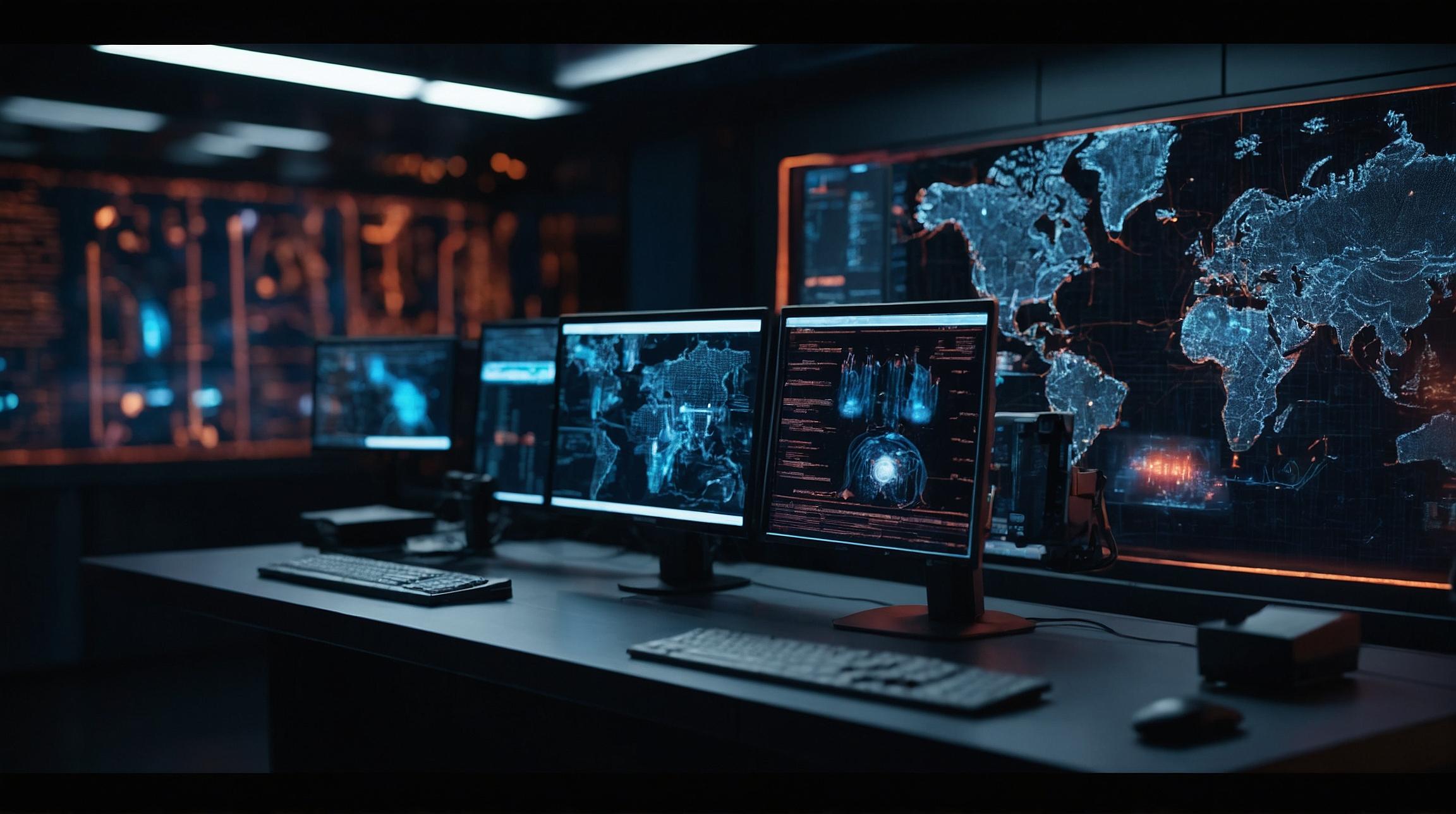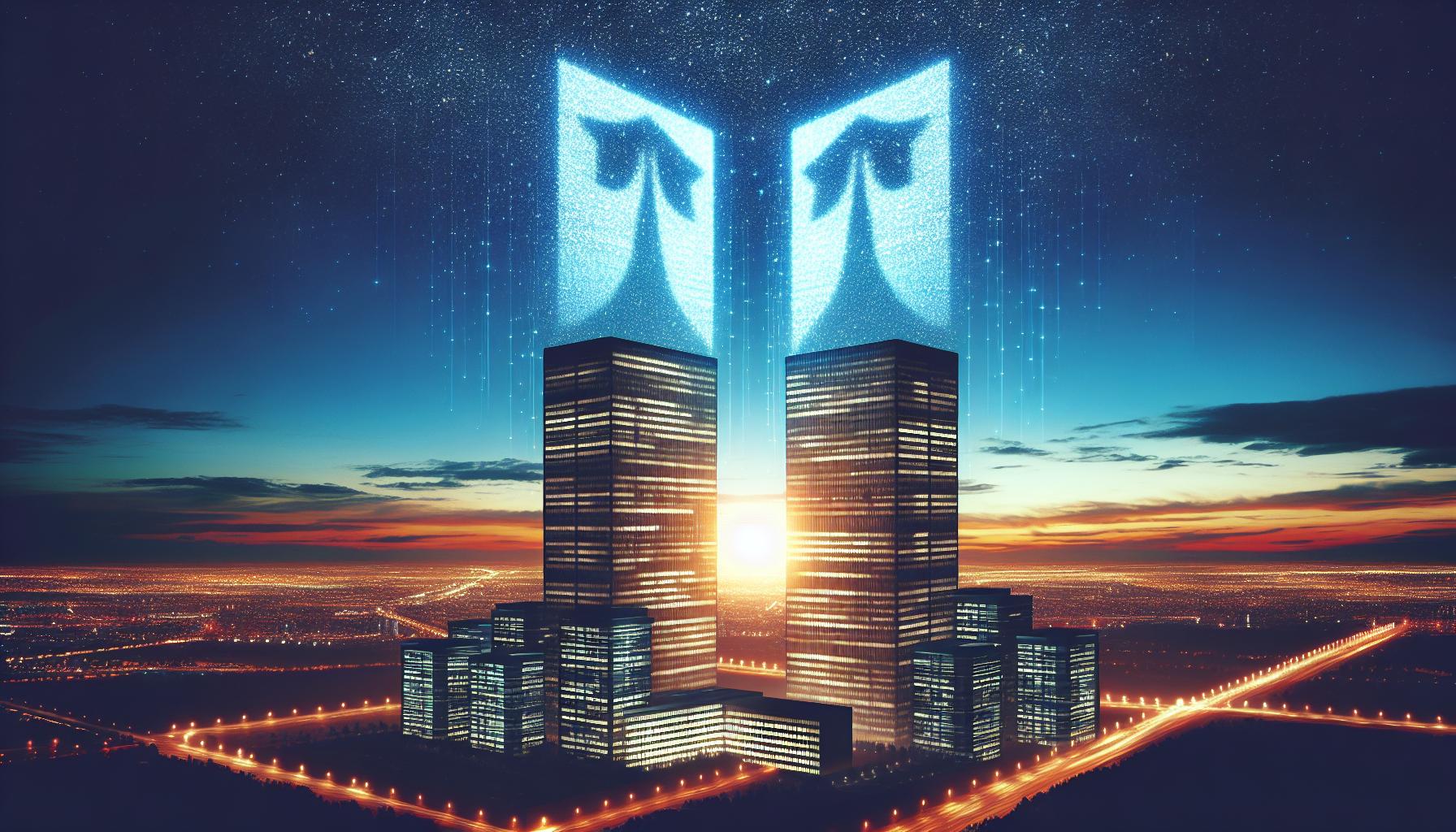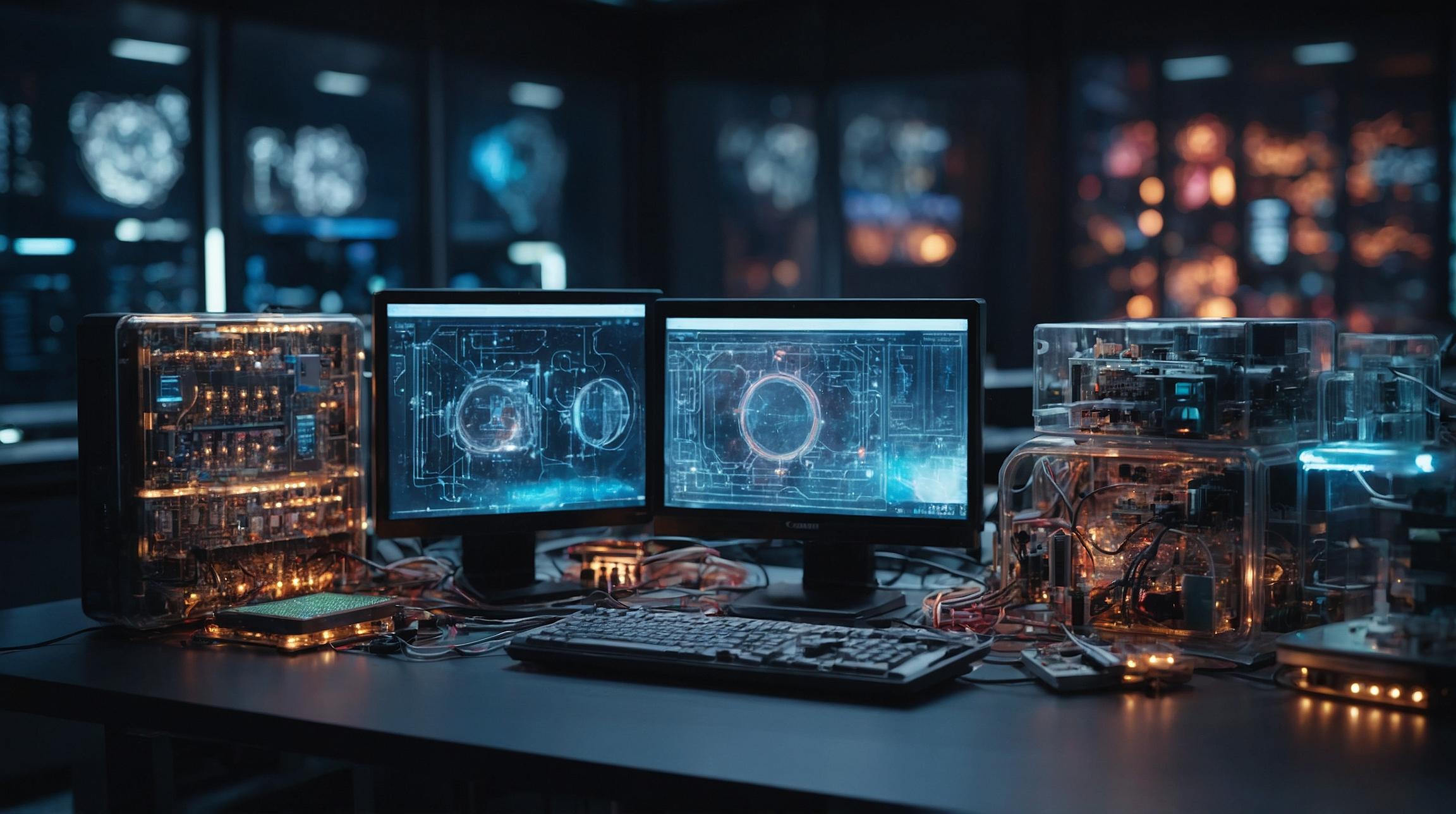Future of Restaurants: Embracing Change Amid Economic Conditions
Some Las Vegas eateries are adapting to the changing economic conditions and embracing a vision for the future of restaurants. The COVID-19 pandemic and current inflation have been driving forces behind the transformation in the food service industry. Restaurants like DW Bistro in Las Vegas are adjusting their menus and embracing technology to stay competitive in these challenging times.
At DW Bistro, the demand for popular dishes like salmon has led to menu adjustments. By eliminating less frequently ordered items and keeping consistent pricing, the restaurant is able to meet customer demand while maintaining profitability. Online ordering has also become a significant source of business for DW Bistro, with repeat customers increasing due to the convenience and ease of ordering through digital platforms.
Online Ordering and the Evolution of Restaurant Jobs
One of the trends accelerated by the pandemic is the rise of online ordering, curbside pickup, drive-thru, and mobile order offerings. This has led to an evolution in the roles and responsibilities of restaurant staff. A modern restaurant now requires a cross-functional staff, where servers may also be responsible for packing up meals or taking reservations. This shift in job responsibilities reflects the industry’s need to adapt to changing consumer preferences and demands.
The Value of Personalized Experiences in an Evolving Landscape
While technology plays a crucial role in the future of restaurants, personalized experiences remain paramount. DW Bistro emphasizes the importance of creating a special and unique dining experience for its community. Despite the increasing use of apps, QR codes, and self-order kiosks, restaurants still value the human touch and strive to provide exceptional service.
Technology and the Changing Landscape of Restaurants
The future of restaurants is heavily influenced by technology. Diners have become comfortable with ordering through apps, using QR codes for menus, and even utilizing self-order kiosks. Restaurants are rethinking their footprints, opting for smaller spaces and optimizing their operations instead of relying on vast dine-in locations. This trend allows for cost savings and increased efficiency.
Ensuring the Longevity of Local Eateries
Restaurants like DW Bistro are cherished by their local communities, and there is a collective effort to ensure their longevity. Owners and chefs recognize the importance of maintaining a unique and special place that will continue to serve the community for years to come. The adaptation to new economic conditions and embracing technology allows these local eateries to stay relevant and thrive in a changing landscape.
In conclusion, the future of restaurants is shaped by economic conditions and evolving consumer preferences. The COVID-19 pandemic and inflation have accelerated the need for transformation in the food service industry. By embracing online ordering, adapting job roles, incorporating technology, and prioritizing personalized experiences, restaurants can navigate the changing landscape and ensure their long-term success.
Analyst comment
Positive news:
The news is positive as it highlights how restaurants like DW Bistro in Las Vegas are adapting to changing economic conditions and embracing technology to stay competitive. They are adjusting their menus, embracing online ordering, and optimizing their operations. By doing so, they are able to meet customer demand while maintaining profitability and providing exceptional service. This adaptation and embracing of technology allow these local eateries to stay relevant and thrive in a changing landscape.
As an analyst, it is expected that restaurants will continue to embrace technology, prioritize personalized experiences, and optimize their operations to navigate the changing landscape and ensure long-term success. This shift in the industry will lead to cost savings, increased efficiency, and continued relevance in the evolving market.













